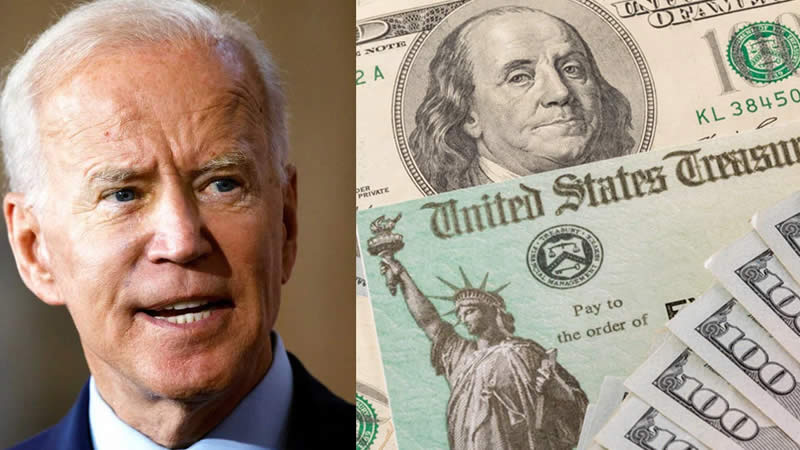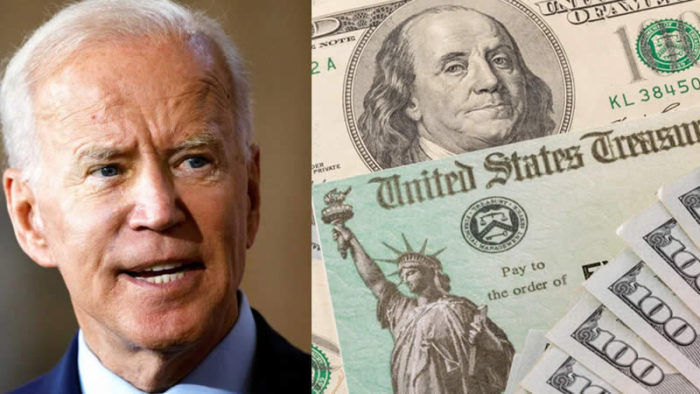Here’s What You Need to Remember: The bill does not, however, call for direct payments to most Americans, but does look to support current and future economic recovery in a number of ways. The bill contains a number of provisions related to increasing access to education including a funding to guarantee free community college, enhanced Pell Grant awards, investment in universal preschool, and resources aimed at recruiting and training more teachers.
The American Rescue Plan, the first major piece of coronavirus-relief legislation signed into law by the Biden administration, brought with it a number of measures aimed at overcoming the financial impact of the pandemic and jumpstarting the American economy. Most notably, the law initiated the third-round of federal stimulus payments.
To date, the Internal Revenue Service has distributed approximately 163 million payments worth roughly $384 billion to eligible Americans. These payments have helped to kick off an economic recovery, boosting both spending and personal income.
Some members of Congress, along with millions of Americans, have pushed and advocated for a fourth-round of stimulus checks, potentially even including recurring payments.
Despite this, the Biden administration has instead proposed two new bills that, while not offering direct payments to most Americans, will look to get money and relief into the hands of those that need it while solidifying America’s long-term economic recovery.
The American Families Plan
The American Families Plan, announced by Biden during a speech to Congress, is a $1.8 trillion spending and tax bill focused on expanding access to education, reducing the costs of child care, and more. Some have described the bill as an unofficial fourth-round of stimulus payments, with one of its principal measures includes a new $3,000 or $3,600 child tax credit that would see eligible parents receive a payment of $250 or $300 a month.
The bill does not, however, call for direct payments to most Americans, but does look to support current and future economic recovery in a number of ways. The bill contains a number of provisions related to increasing access to education including a funding to guarantee free community college, enhanced Pell Grant awards, investment in universal preschool, and resources aimed at recruiting and training more teachers.
Also part of the bill are additional measures aimed at making child care more affordable, providing paid family and sick leave to workers, and efforts to make a government-funded child nutrition program permanent.
According to the Biden administration, the American Families Plan would be funded largely through increased taxes on the wealthy as well as greater IRS enforcement. The plan will likely face opposition from Republicans who are not in favor of more spending on education and child care, and who oppose tax increases on the wealthy.
The American Jobs Plan
Alongside the American Families Plan, the Biden administration has also announced a $2 trillion dollar plan for creating jobs and rebuilding America’s infrastructure. The American Jobs Plan would include funding for transportation, manufacturing, home care services and workers, housing, research and development, water, schools, digital infrastructure, veteran’s hospitals and federal buildings, and general workforce development programs. The plan would be paid for through increased taxes on corporations, including raising the minimum corporate tax and a minimum tax on corporate book income.
Much like the American Families Plan, passing the American Jobs Plan is likely to involve a months-long struggle in Congress.


